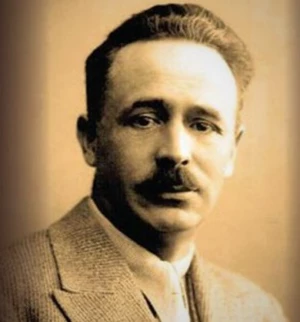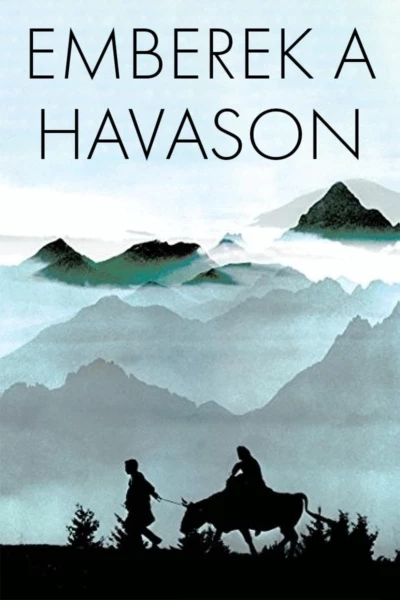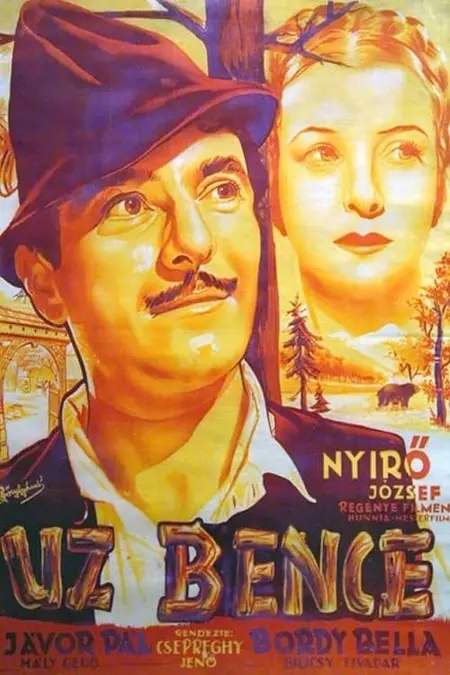Biography
(No Information)
Filmography
all 2
Movies 2
Writer 2
Information
Known ForWriting
GenderMale
Birthday1889-07-28
Deathday1953-10-16 (64 years old)
Birth PlaceJimbor, Romania
ReligionCatholic Church
CitizenshipsHungary
AwardsHungarian Heritage Award, Corvin Wreath
This article uses material from Wikipedia.
Last updated:
 József Nyirö
József Nyirö- Filmography
- Information

